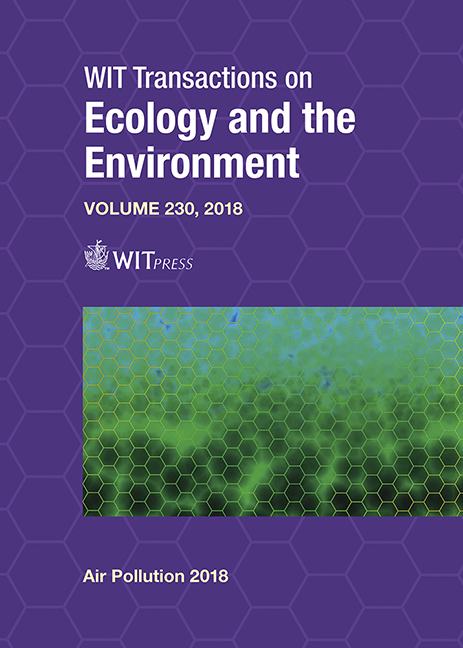“UNFORTUNATELY, I USE MY CAR”: COMMUTER TRANSPORT CHOICES IN BRISTOL, UK
Price
Free (open access)
Transaction
Volume
230
Pages
10
Page Range
243 - 252
Published
2018
Paper DOI
10.2495/AIR180231
Copyright
WIT Press
Author(s)
CORRA BOUSHEL, JO BARNES, TIM CHATTERTON, LAURA DE VITO, ANDREW EDWARDS, LAURA FOGG ROGERS, MARK LEACH, EMILY PRESTWOOD, ENDA HAYES
Abstract
The leading source of nitrogen dioxide (NO2) concentrations in Bristol, United Kingdom is road transport, and Bristol exceeds the annual mean national air quality objective of 40 μg/m3 for NO2 in many locations around the city. Understanding the reasons for residents’ modal choice is an important element in managing air quality in the city. The ClairCity Project approach provides insight into how to reduce overall transport demand and identify incentives that will be effective in creating modal switch away from higher polluting private motorised vehicles. From the ClairCity Project survey subset of commuters (n=442), 45% of respondents used cars or vans at least occasionally for their journey to work, with 28% of the total number of commuters relying exclusively on private motorised transport. The majority of these car users (65.6%) said they would prefer not to travel by car to work in the future. Their responses showed a mix of negative perceptions of public transport, geography and health as key motivations. Family responsibilities, lack of safe cycling and walking spaces, poor health and disability, distance, requirements to transport goods as well as themselves and the need for flexibility were all given as barriers to modal switching. This suggests that for car commuters, well-targeted policy interventions could provide practical alternatives that would appeal to those who currently rely on private motorised transport. Understanding citizens’ perceptions, behaviours and activities is a key element in decision-making to reduce transport related air quality emissions and concentrations.
Keywords
air quality, transport, commute, Bristol, Delphi, air quality management





